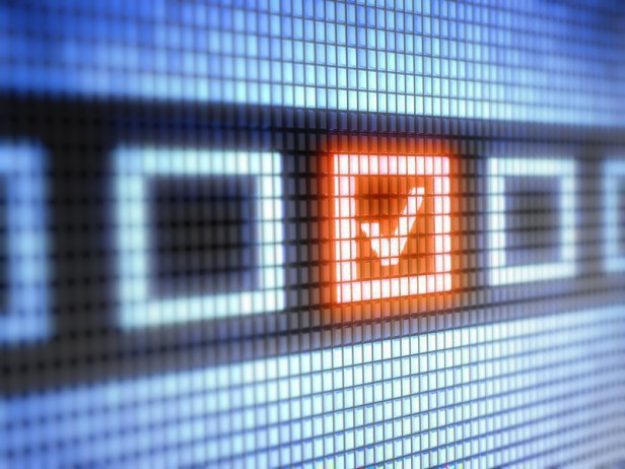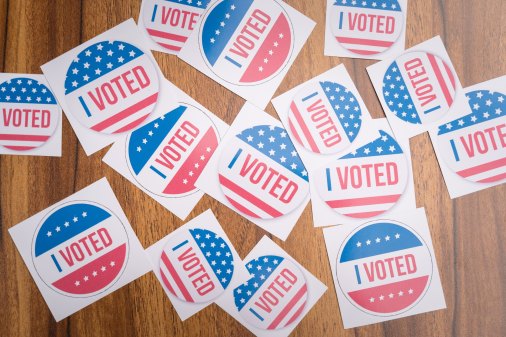Iowa looking to create online voter registration

Just before Paul Pate moved into his new job as Iowa’s secretary of state, he reiterated a campaign trail promise to give residents the ability to register to vote online in time for next fall’s elections.
In an interview last week with the Des Moines Register, Pate, who will succeed Matt Schultz as the state’s top elections official after winning a statewide election last November, outlined several elections-related priorities as well as ways to improve the office’s business registration functions. His ultimate goal, he said, is to increase access to the polls and voter participation while maintaining ballot security.
“All elections offices in the country really have to work harder at keeping the technology updated and balancing out participation with integrity,” Pate told the paper.
Pate and Schultz promised to bring online registration to the state during the election, and the state’s legislature has shown strong support for it as well. Regulations have all been drafted and formal hearings are expected to begin soon in what Pate said could be the most significant expansion of voter access since Iowa enacted a motor-voter law linking registration with driver licensing.
“That’s going to really, really increase voter registration again,” said Pate, who is one of several new faces in state politics slated take office this year. He added, “You’ll be able to pick up your cellphone and be able to register to vote.”
According to the National Conference of State Legislatures, 21 states allowed residents to register to vote online as of December 2014. Another three had passed legislation establishing an online voting registration system but had yet to enact a program.
Online registration, though, is not the only area that Pate plans to use technology to improve how the state governments increases voter turnout.
Pate said he supports photo verification at the polls but also is interested in expanding electronic poll books, which are computer programs that officials can use to check in voters and verify their identity.
Poll books could contain photos, he said, and represent a less onerous verification system than requiring voters to produce a government-issued photo ID card.
“My goal is very clear: I think we need some type of voter ID,” he said. “Now, whether that’s aggressive or passive, that will be determined as we go through to process.”
Pate added that he’s interested in exploring electronic signature verification for absentee ballots, given the growing popularity of early voting by mail and the potential for fraud inherent in that process.
He also wants to give active duty military the opportunity to vote online as a way to boost participation and provide added convenience.






